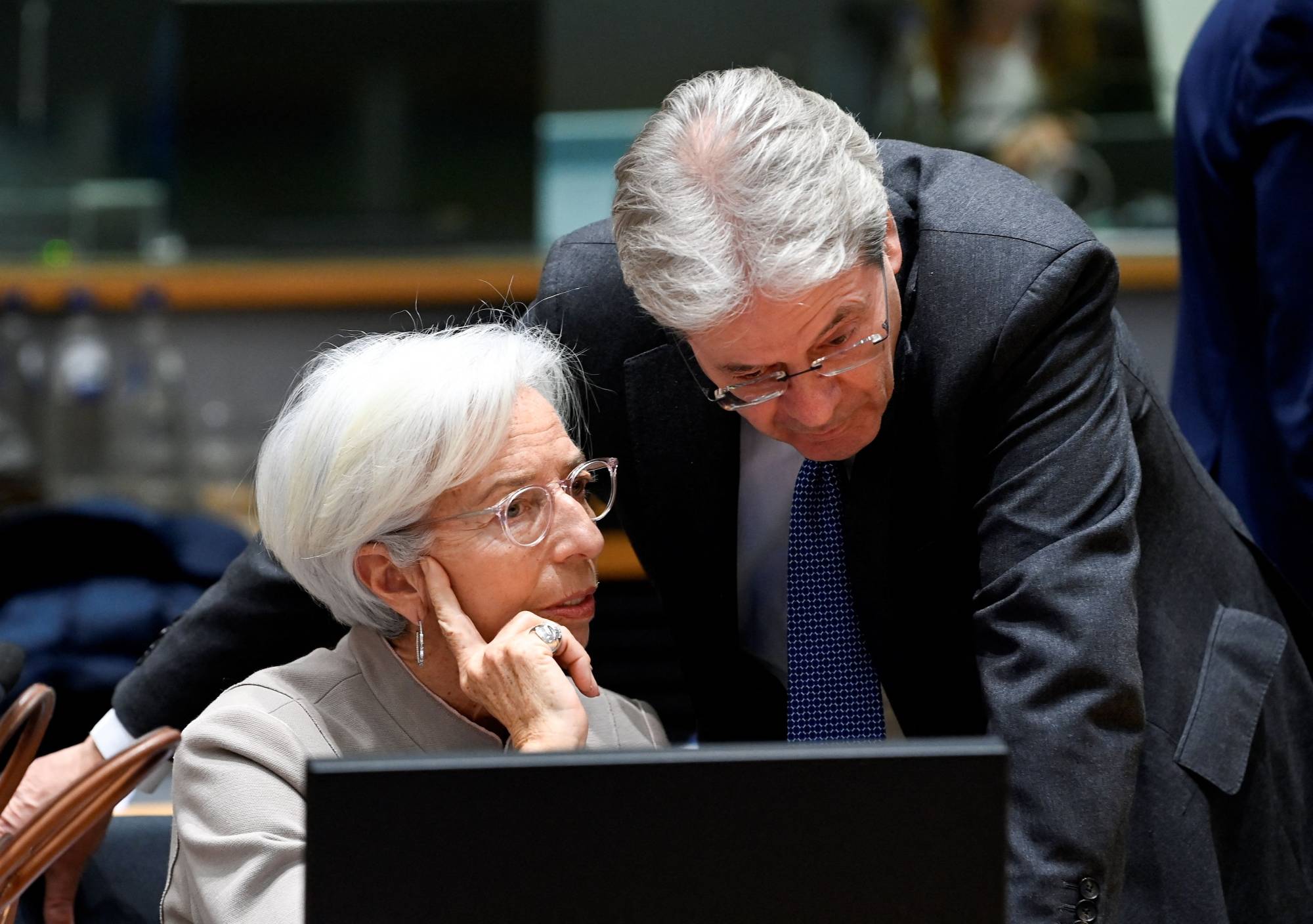Hit hard by the COVID-19 pandemic and the war in Ukraine, the European Union needs money.
And given that Paolo Gentiloni, the bloc’s economy commissioner, cannot get it directly from the EU’s member states, he wants to borrow it. The purpose does not seem to matter. What matters is that the European Commission receives money — lots of it — even if that means amassing a mountain of debt.
In 2020, Gentiloni played a key role in creating NextGenerationEU (NGEU), the emergency program that enabled the EU to borrow over €800 billion ($858 billion) to deal with the effects of the COVID-19 pandemic. Last May, he wanted to raise funds to aid Ukraine, and in October he suggested issuing joint debt to help European citizens with their gas bills. Now, amid a wave of common debt issuances, the European Commission plans to compete with U.S. President Joe Biden’s $369 billion Inflation Reduction Act, which includes subsidies for clean-energy projects. While the new plan might not involve new borrowing, it proposes a new “European sovereignty fund” to invest in green technologies.



















With your current subscription plan you can comment on stories. However, before writing your first comment, please create a display name in the Profile section of your subscriber account page.